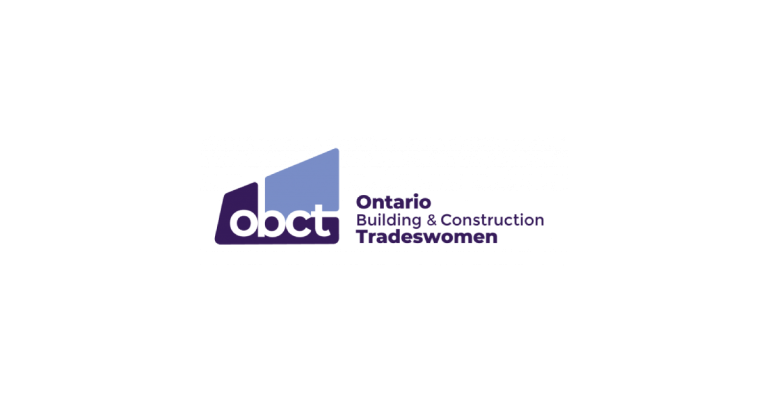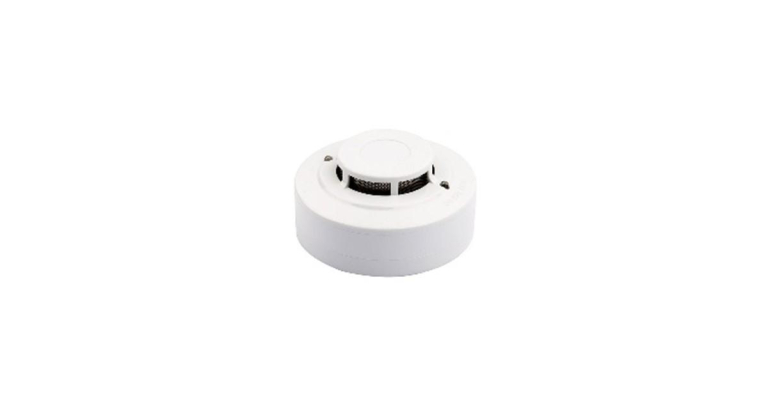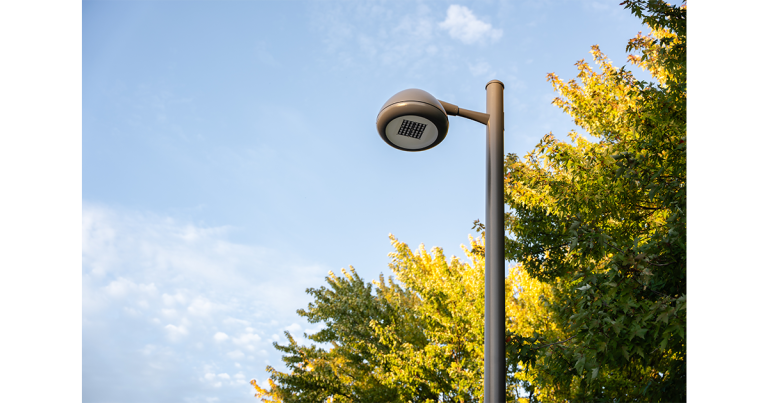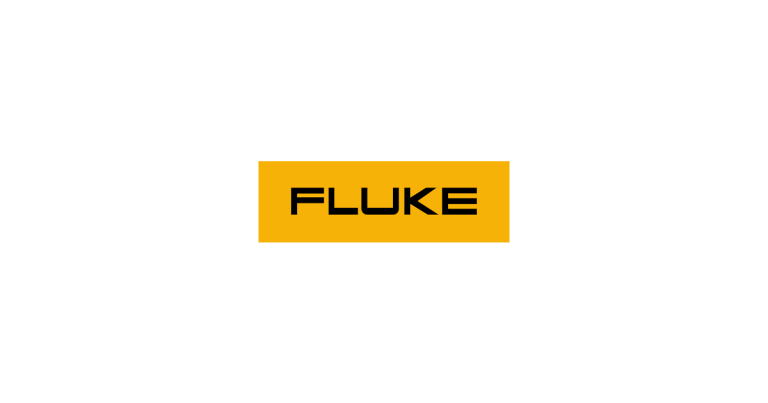Learn About Network Cable Testers

Jan 14, 2020
Whether installing new cable, or troubleshooting existing cable, ethernet network cable testing plays an important role in the process. Common network tests for datacom cabling include length, wiremap, attenuation, NEXT, DC loop resistance, and return loss.
As networks evolve, so do the requirements of the cabling infrastructure to support them. New network cabling standards are continuously being developed to provide guidelines for cabling professionals when installing, testing, troubleshooting, and certifying either copper and fibre cable network. Whether it’s 10BASE-T, 100BASE-TX or 1000BASE-T, there are specific requirements and potential pitfalls in implementing these technologies. With 10GBASE-T, it becomes even more critical to keep current with the latest proliferations in ethernet cabling and network cable testing.
Network cable testing provides a level of assurance that the installed cabling links provide the desired transmission capability to support the data communication desired by the users.
Types of network cable testers
Network cable test instruments are designed with a variety of focused features for particular field tasks. They vary in price, performance, and application. Depending on the task the field test instrument performs, it can be classified into one of the three hierarchical groups: certification, qualification, or verification. While some features overlap between test tools, each group answers a unique network testing need and provides a different level of operational assurance. Another testing solution, tone and probe kits, can be used to troubleshoot installed cabling plants.
Levels of network cable testing
Cable certification testers guarantee cabling system compliance to industry standards. Certification instruments are the only tools that provide “Pass” or “Fail” information in accordance with industry standards. In North America, the prevalent industry standards organization dealing with the transmission capabilities of structured cabling is the Telecommunications Industry Association (TIA). In international markets, the International Electrotechnical Commission of the International Organization for Standards (ISO/IEC) creates and maintains standards for telecommunication cabling.
Certification test tools determine whether a link is compliant with a category (TIA) or class (ISO); for example, category 6 or class E. These standards are independent of specific network technologies. This makes them more “future proof” because new network technologies can emerge that base their designs on these standards and would therefore be supported by the certified installed cabling. Cable certification is the final step required by many structured cabling manufacturers to grant their warranties for a new cabling installation. The DSX CableAnalyzer series has become the premier network certification tester in the market for professional data communication installers, as well as LAN network infrastructure staffs.
Cable qualification testers determine if an existing cabling link can support certain network speeds and technologies. Qualification testers meet the needs of network technicians who do not install new cabling, but need to troubleshoot operating networks. Qualification testers perform tests that decide whether an existing cabling link will support the requirements for “Fast Ethernet” (100BASE-TX), Voice over Internet Protocol (VoIP), or Gigabit Ethernet. These test tools furthermore allow the network technician to quickly isolate cabling problems from network protocol or addressing problems. Qualification test tools, such as CableIQ Qualification Tester, include all the capabilities of verification test tools but they are more powerful in that they perform an assessment of the cabling bandwidth and identify defects that affect the bandwidth. Qualification testers do not execute the battery of tests prescribed by the standards to be considered a “certification tool.”
Cable verification testers verify that cable is connected correctly. Verification test tools perform basic continuity functions, they assure that all wires in a cabling link are connected to the proper termination points and not to any other conductors. In twisted pair cabling, it is critical to maintain the proper pairing of the wires. Better verification test tools also verify wire pairing and detect installation defects like “split pairs”. Verification test tools may also assist in troubleshooting by providing a toner to locate a cabling link. Verification tools sometimes include additional features such as a Time Domain Reflectometer (TDR) to determine length of a cable or distance to a break or short circuit. These test tools do not provide any information on bandwidth or suitability for high-speed data communication.
This article was first published online by Fluke Networks

















